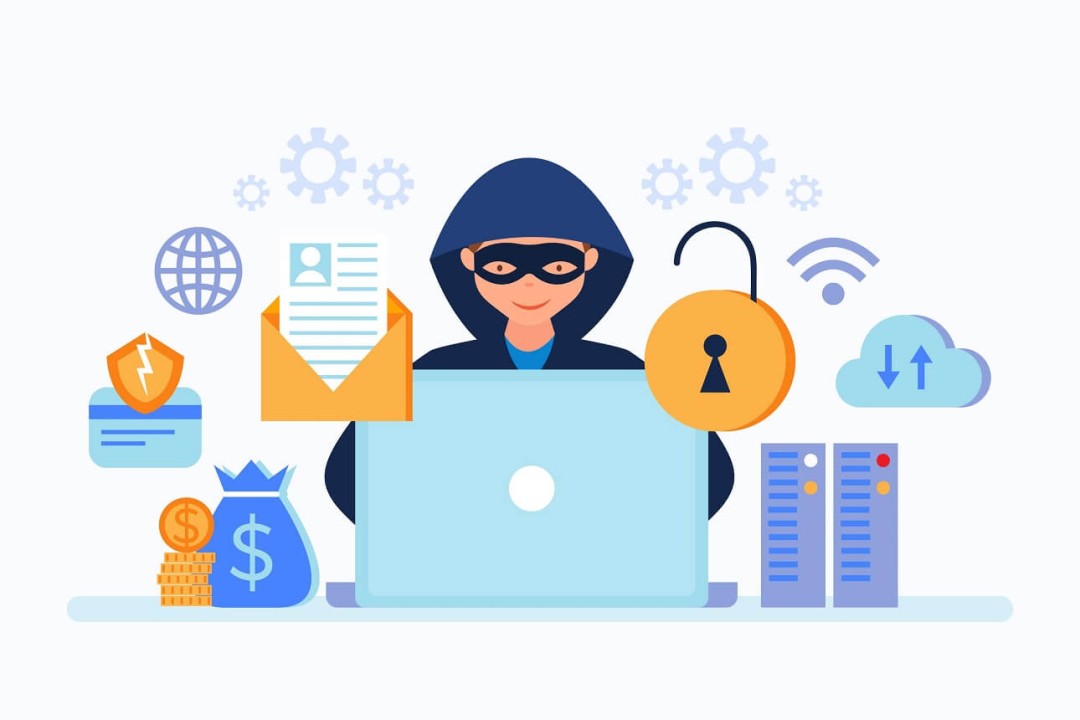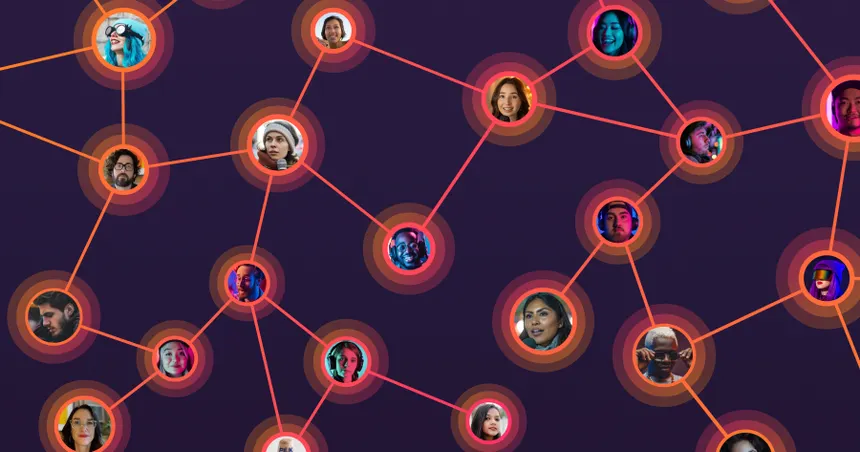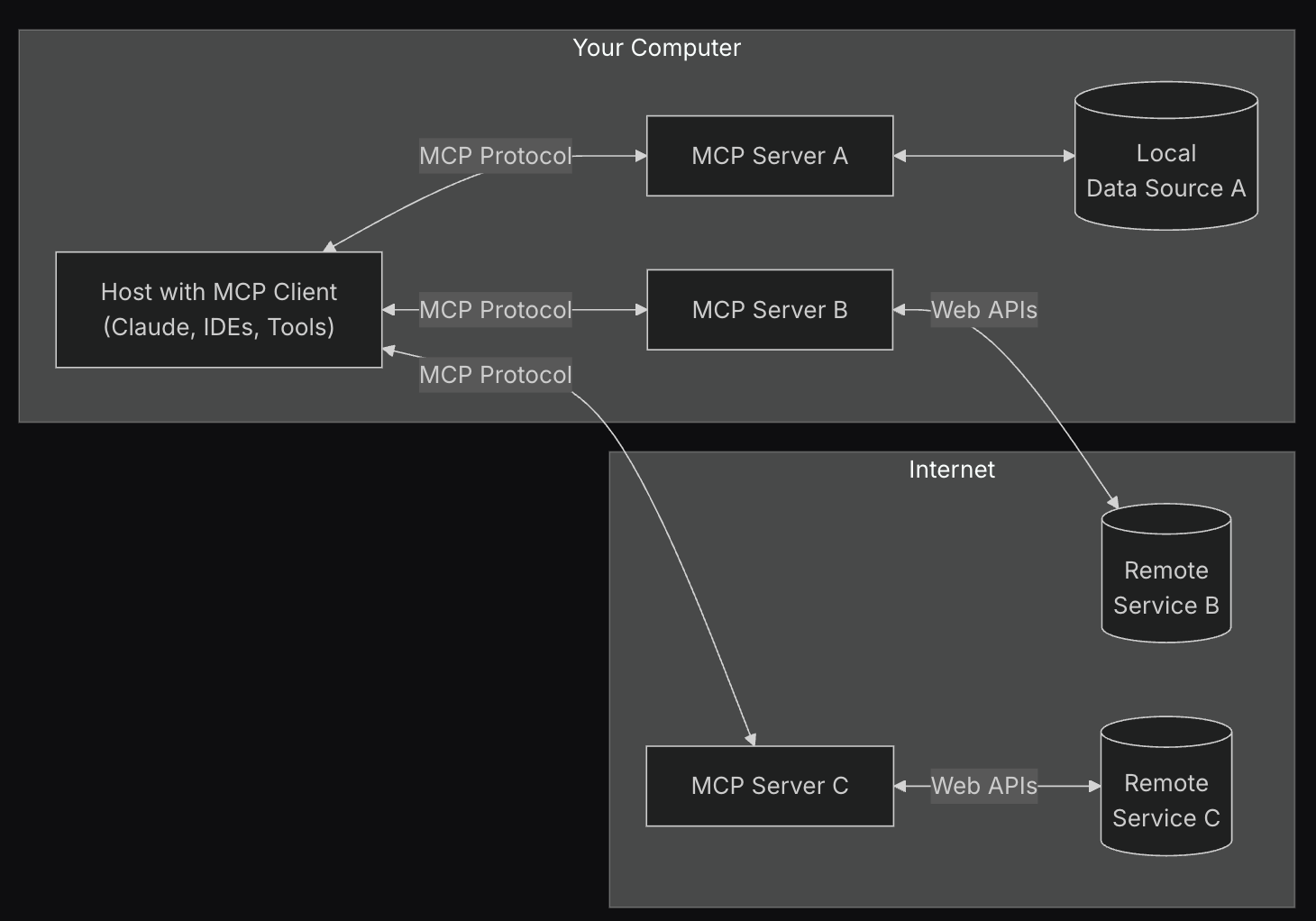
The ethical hacker’s role is critical in safeguarding digital assets, but this role comes with significant responsibilities. Understanding and adhering to a strict code of ethics and being aware of the legal landscape are paramount. This ensures that ethical hackers operate within the boundaries of the law and maintain the trust of their clients and the wider community. This lesson will delve into the core principles of ethical hacking, exploring the ethical guidelines that govern their actions and the legal considerations they must navigate.
The Ethical Hacker’s Code of Ethics
An ethical hacker’s code of ethics serves as a moral compass, guiding their actions and decisions. While specific codes may vary between organizations and individuals, some core principles remain constant. These principles ensure that ethical hackers use their skills responsibly and for the benefit of society.
Confidentiality
Confidentiality is paramount. Ethical hackers often handle sensitive information, including trade secrets, customer data, and financial records. They must protect this information from unauthorized access, disclosure, or use.
Example: An ethical hacker is hired to assess the security of a hospital’s electronic health records system. They discover a vulnerability that could allow unauthorized individuals to access patient data. The ethical hacker must not disclose this vulnerability to anyone other than the hospital’s designated security personnel. They must also ensure that any data accessed during the assessment is kept strictly confidential and securely destroyed after the engagement.
Hypothetical Scenario: Imagine an ethical hacker discovers a competitor’s sensitive business plans while testing a cloud storage service for a client. Even though the information could be valuable, the ethical hacker’s code of ethics demands they immediately report the finding to the client and securely delete the data without exploiting it in any way.
Legality
Ethical hacking activities must always be conducted within the bounds of the law. This includes obtaining proper authorization before conducting any security assessments, respecting privacy laws, and avoiding activities that could be considered illegal, such as unauthorized access to systems or data.
Example: Before commencing a penetration test, an ethical hacker must obtain a signed contract or written permission from the client, clearly outlining the scope of the engagement, the systems to be tested, and the permitted activities. This ensures that the ethical hacker has legal authorization to conduct the assessment.
Real-World Example: In 2016, two penetration testers were arrested for breaking into an Iowa courthouse during a security assessment. They were hired to test the physical security of the building, but they entered after hours without notifying the sheriff’s office, leading to their arrest. This highlights the importance of clear communication and adherence to legal boundaries, even during authorized security assessments.
Integrity
Integrity requires ethical hackers to be honest and transparent in their dealings with clients. They must accurately report their findings, avoid exaggerating vulnerabilities, and provide objective assessments of security risks.
Example: An ethical hacker discovers a critical vulnerability in a client’s web application. They must clearly and accurately document the vulnerability, its potential impact, and the steps required to remediate it. They should not exaggerate the severity of the vulnerability to inflate their fees or create unnecessary alarm.
Hypothetical Scenario: An ethical hacker finds a minor vulnerability that poses little real risk. Instead of ignoring it, they document it honestly, explaining its limited impact and suggesting a low-priority fix. This demonstrates integrity and builds trust with the client.
Respect for Privacy
Ethical hackers must respect the privacy of individuals and organizations. They should only access data that is necessary for the security assessment and avoid collecting or disclosing personal information without proper authorization.
Example: During a network penetration test, an ethical hacker may encounter personal data stored on a server. They should only access this data if it is directly relevant to the security assessment and should take steps to minimize their exposure to it. They should also avoid disclosing this data to anyone who does not have a legitimate need to know.
Real-World Example: Many countries have strict data privacy laws, such as the General Data Protection Regulation (GDPR) in Europe and the California Consumer Privacy Act (CCPA) in the United States. Ethical hackers must be aware of these laws and ensure that their activities comply with them. For example, they must obtain consent before processing personal data and must provide individuals with the right to access, correct, and delete their data.
Professionalism
Ethical hackers should conduct themselves in a professional manner at all times. This includes maintaining confidentiality, respecting client property, and avoiding conflicts of interest.
Example: An ethical hacker should avoid accepting engagements that could create a conflict of interest, such as assessing the security of a competitor of a current client. They should also avoid using their skills for personal gain or to harm others.
Hypothetical Scenario: An ethical hacker is offered a lucrative job by a company they recently assessed. To avoid a conflict of interest, they should disclose their previous engagement to the new employer and ensure that their new role does not involve exploiting any information gained during the assessment.
Legal Considerations for Ethical Hackers
In addition to adhering to a code of ethics, ethical hackers must also be aware of the legal landscape in which they operate. Laws governing computer security and privacy vary from country to country, and ethical hackers must ensure that their activities comply with all applicable laws.
Computer Fraud and Abuse Act (CFAA)
In the United States, the Computer Fraud and Abuse Act (CFAA) is a key piece of legislation that governs computer-related crimes. The CFAA prohibits unauthorized access to computer systems and data. Ethical hackers must be careful to avoid violating the CFAA by obtaining proper authorization before conducting any security assessments.
Example: An ethical hacker who accesses a computer system without authorization, even with the intention of identifying security vulnerabilities, could be prosecuted under the CFAA. This highlights the importance of obtaining clear and explicit permission before commencing any security assessment.
Digital Millennium Copyright Act (DMCA)
The Digital Millennium Copyright Act (DMCA) is another important piece of legislation that affects ethical hackers. The DMCA prohibits the circumvention of copyright protection measures, such as encryption and access controls. Ethical hackers must be careful to avoid violating the DMCA when conducting security assessments.
Example: An ethical hacker who circumvents a password protection scheme to access copyrighted software could be prosecuted under the DMCA. This highlights the importance of respecting copyright laws and avoiding activities that could be considered copyright infringement.
State Laws
In addition to federal laws, many states have their own laws governing computer security and privacy. Ethical hackers must be aware of these state laws and ensure that their activities comply with them.
Example: California’s Consumer Privacy Act (CCPA) gives consumers the right to know what personal information businesses collect about them, to delete their personal information, and to opt out of the sale of their personal information. Ethical hackers who conduct security assessments in California must be aware of the CCPA and ensure that their activities comply with it.
International Laws
Ethical hackers who conduct security assessments in other countries must be aware of the laws of those countries. Laws governing computer security and privacy vary significantly from country to country, and ethical hackers must ensure that their activities comply with all applicable laws.
Example: The European Union’s General Data Protection Regulation (GDPR) is a comprehensive data privacy law that applies to organizations that process the personal data of individuals in the EU. Ethical hackers who conduct security assessments for organizations that are subject to the GDPR must be aware of the GDPR and ensure that their activities comply with it.
Importance of Contracts and Legal Counsel
Given the complexity of the legal landscape, it is essential for ethical hackers to have clear contracts with their clients that outline the scope of the engagement, the permitted activities, and the legal responsibilities of both parties. It is also advisable to consult with legal counsel to ensure that their activities comply with all applicable laws.
Example: A well-drafted contract should clearly define the systems to be tested, the types of tests that are permitted, and the data that can be accessed. It should also include clauses that protect the ethical hacker from liability in the event of unforeseen circumstances.
Practical Exercises
- Scenario Analysis: Research a real-world case where an ethical hacker faced legal or ethical challenges. Analyze the situation, identify the ethical principles at stake, and discuss how the situation could have been handled differently to avoid legal repercussions.
- Contract Review: Find a sample penetration testing contract online. Analyze the contract for clauses related to confidentiality, liability, and scope of work. Identify any potential loopholes or areas that could be improved to better protect both the ethical hacker and the client.
- Ethical Dilemma: Imagine you are conducting a penetration test and discover evidence of illegal activity on the client’s network (e.g., child pornography). What are your ethical and legal obligations? How would you handle this situation?
- Privacy Law Research: Research the data privacy laws in your country or region (e.g., GDPR, CCPA). How do these laws impact the work of ethical hackers? What steps can ethical hackers take to ensure compliance with these laws?
Summary and Next Steps
This lesson has explored the critical importance of ethics and legal considerations in the field of ethical hacking. By adhering to a strict code of ethics and being aware of the legal landscape, ethical hackers can ensure that their activities are conducted responsibly and for the benefit of society.
In the next lesson, we will shift our focus to common cybersecurity threats, including malware, phishing, and social engineering. Understanding these threats is essential for ethical hackers, as it allows them to better protect systems and data from attack.







